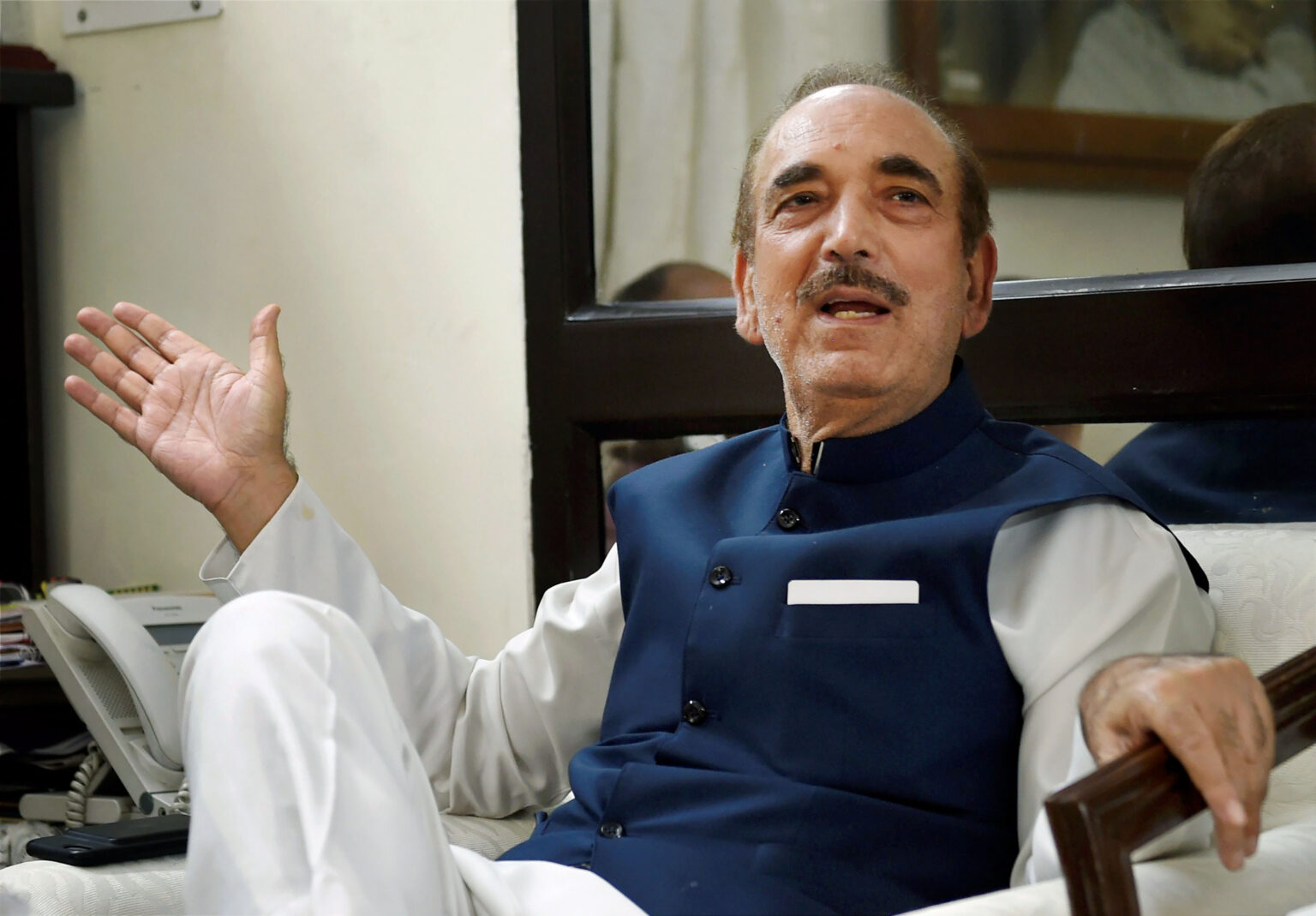Ghulam Nabi Azad, the former chief minister of Jammu and Kashmir and leader of the Democratic Progressive Azad Party, claimed on Sunday that individuals who oppose the revocation of Article 370 are unaware of the geography and history of the Union territory. He said that as the Supreme Court heard several petitions contesting the constitutionality of the Center’s decision to deprive the former state of its unique status as protected under Article 370 on August 5, 2019.
This month, the BJP celebrated the move’s fourth anniversary and praised Kashmir’s new era of peace, prosperity, and growth since Article 370 was repealed. Mr. Azad attacked local parties when speaking to ANI in Doda but avoided naming them.

“Those who are opposing (the Supreme Court’s decision to revoke Article 370) lack knowledge of the actual situation as well as the history and geography of Jammu and Kashmir.” The former Congress leader claimed that Article 370 was intended to benefit everyone equally and was not intended for any one region, province, or religion.
“I completely trust the Supreme Court. I think it will investigate every facet of this (the proposal to abrogate Article 370),” Mr. Azad continued.
Prior to this, the BJP claimed in an official release that “the abrogation of Article 370 has brought peace, development, and prosperity to Jammu and Kashmir.”
Mehbooba Mufti, a former chief minister and head of the People’s Democratic Party (PDP), claimed she and other prominent party figures were placed under “house arrest” on August 5, the fourth anniversary of the repeal of Article 370.
DY Chandrachud, the Chief Justice of India, and the five-judge Constitution bench of the Supreme Court questioned during one of the earlier hearings, “How can a provision (Article 370), which was specifically mentioned in the Constitution as a temporary provision, become permanent after the tenure of the Jammu and Kashmir Constituent Assembly came to an end in 1957?”
The bench argued that because Article 354 of the Constitution does not permit such an exercise of power, the Parliament could not have declared itself to be the legislative body of Jammu and Kashmir in order to assist the abrogation of Article 370, the fate of Article 370 and its implications for the region remain subjects of intense scrutiny and debate.









